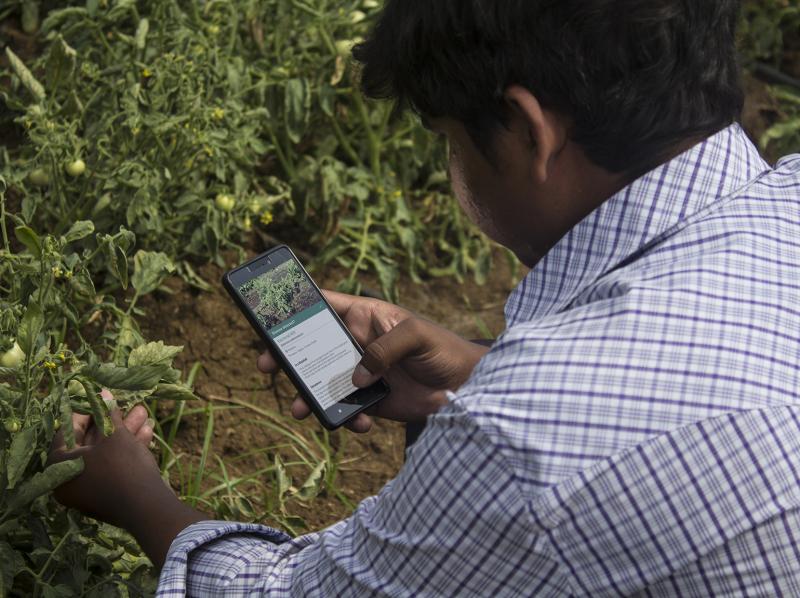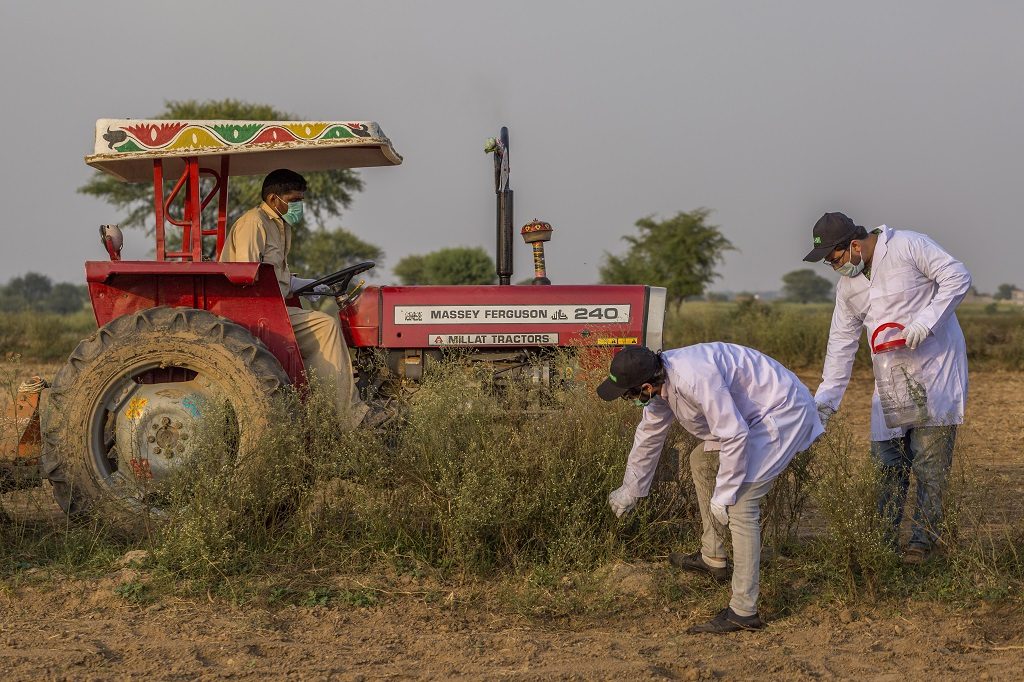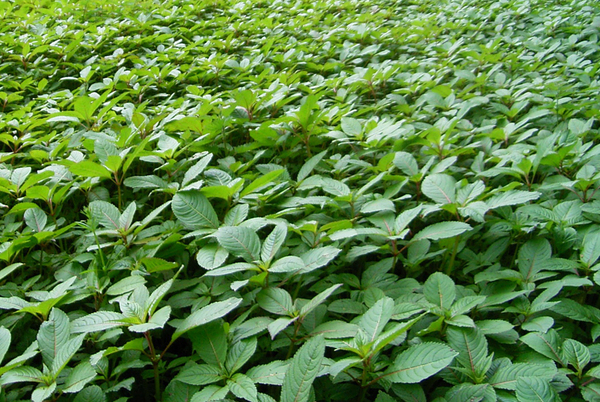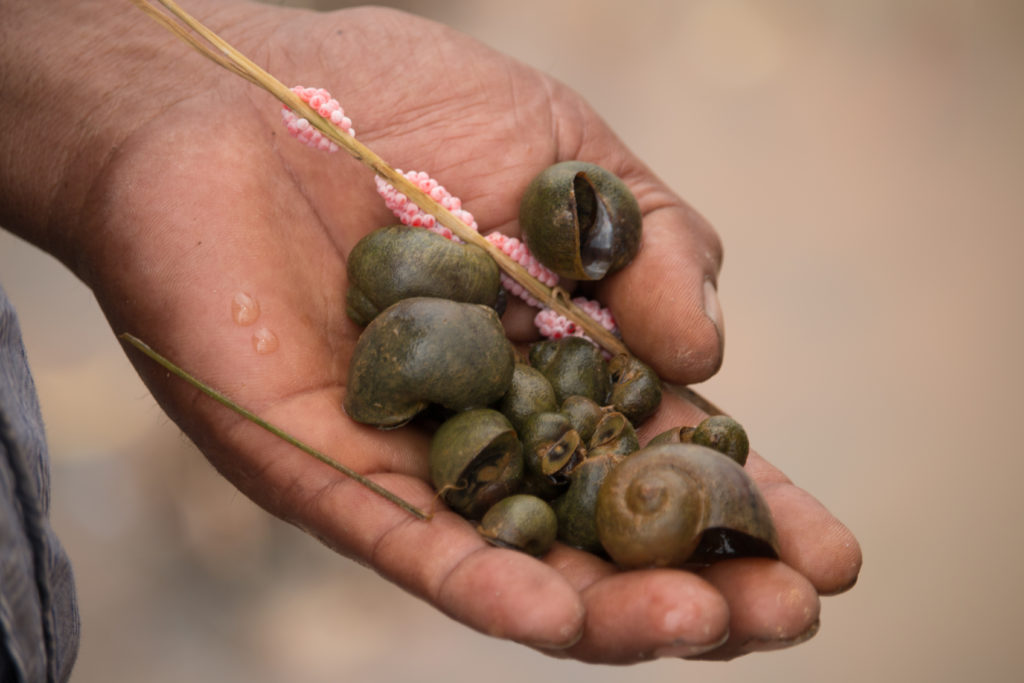Indian farmers using smartphones to fight fast-moving crop killer
By Eric Marx. Reblogged from Ethical Corporation. Plantix is a diagnostic app that uses image recognition software and AI. It is being used to halt the advance of the fall armyworm pest. An app that uses artificial intelligence to identify plant disease is being deployed in India as an early-warning system to stop the advance…
When astronomers meet ecologists: how remote sensing can tackle Parthenium in Pakistan
“Usually I’m looking up at the stars but with this project, I’m back down to earth” quips Dr Rene Breton, Director of Research at the School of Physics and Astronomy at the University of Manchester. By combining the skills of a geographer, ecologist, social scientist, entomologist, astrophysicist, biologist, and electrical engineer, the joint CABI and…
CABI unveils action plan to fight highly invasive and destructive weed
Parthenium weed causes harm to the environment, health, as well as the economy. CABI has launched a comprehensive action plan aimed at combating the scourge of Parthenium, a highly invasive species of weed, prevalent and spreading in Pakistan.
Largest Invasive Alien Plant dataset is now published online!
By Samantha Garvin. Reblogged from JRS Biodiversity Foundation. CABI has published one of the most complete and current datasets on Invasive Alien Plants (IAP) in East and Southern Africa. This extraordinary dataset is already being translated into new research findings and conservation action on the ground.
Tackle invasive species to restore degraded landscapes
By Gilbert Nakweya Reblogged from SciDev.Net Invasive alien species should not be used in restoring degraded landscapes as their costs outweigh their benefits, experts say. Invasive alien species, according to the Convention on Biological Diversity, are plants, animals and other organisms that are non-native to an ecosystem, and may adversely affect human health and the…
Invasive alien plants, land degradation and restoration
Reblogged from Global Landscapes Forum Invasive alien plants contribute to land degradation by forming vast unproductive monocultures. These invasions have a negative impact on biodiversity, water resources, crop and pasture production, human and animal health, and as such undermine Africa’s ability to achieve its Sustainable Development Goals. Landscapes degraded as a result of unsustainable land-use…
Invasive Species Are Riding on Plastic Across the Oceans
Reblogged from National Geographic We know plastics are as plentiful in parts of the open ocean as they are in our everyday lives. But, until recently, scientists didn’t consider that such debris could also be carrying a new wave of invasive species to the shores of the United States. Now they’re finding that not only is…





